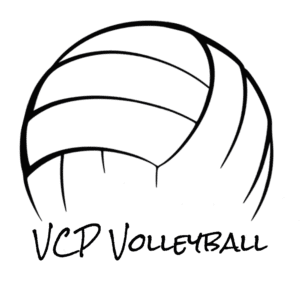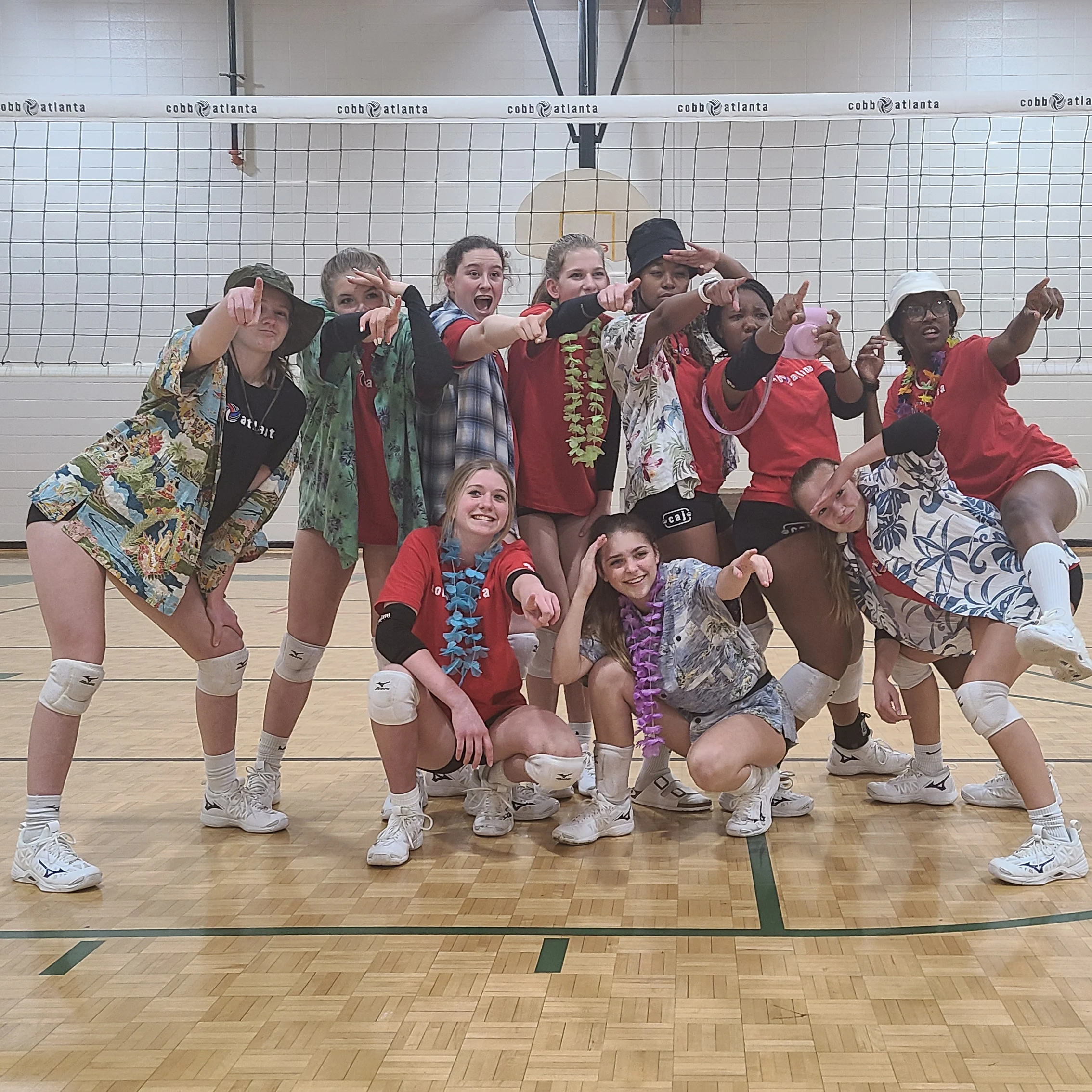Building a volleyball team that thrives—whether you’re coaching elite athletes or newcomers—requires more than just skills and drills. It involves creating a culture that fosters commitment, leadership, and trust, while motivating players to push beyond their limits. In this blog, I’ll share some of the key lessons I’ve learned over the years and how you can build a better, more competitive team—even if your players are starting from scratch.
My Journey to Volleyball
I didn’t grow up playing volleyball. In fact, baseball was my main sport, and I played several others throughout my life. It wasn’t until I was asked to coach a middle school volleyball team that I found myself falling in love with the sport. Fast forward to today, and I’ve spent years learning the ins and outs of coaching, building better teams, and constantly improving.
Coaching, for me, is about learning. I love meeting other coaches, sharing ideas, and figuring out how to communicate better with players at every level. Whether it’s coaching an elite team or working with beginners, I believe that every coach can create a competitive culture—even when you’re not always working with the most experienced athletes.
Defining Your Team’s Culture
Creating a successful volleyball program starts with clearly defining the culture you want to build. Over time, I’ve realized that a well-defined culture can solve many of the common issues coaches face throughout the season. When I started writing my book, I focused on the idea of core values—how they drive commitment, create buy-in from players (and their parents), and foster leadership.
Here are the four key components to building that culture:
Coaching Philosophy – This is where it all starts. Why do you coach, and what drives you to lead a volleyball team? Having a solid coaching philosophy not only helps you reflect on your role as a coach, but it also sets the tone for your players. For me, my philosophy revolves around developing athletes for the next level, focusing on fundamentals, using guided discovery to teach new skills, and reinforcing that mistakes are part of the growing process. Every season, I check in with myself to see if I’ve stayed true to this philosophy.
Team Vision – A strong vision helps players see what’s possible for the team. Whether it’s aiming for a specific result at regionals or fostering a culture of hard work, casting a vision gives your players a…

